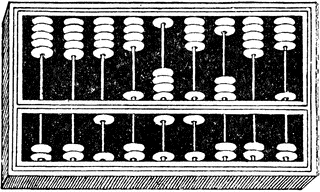On October 15, the Ontario Library Association announced the 2014 Forest of Reading nominees. I’m delighted that Yesterday’s Dead has been nominated in the Silver Birch Fiction Award category for Grades 3 to 6.
The Forest of Reading program promotes reading at all ages by featuring Canadian books and authors. Children in participating schools and libraries all over Ontario are invited to read the books nominated in their catagory. Bookclub-type discussions are held from October through April, with resources, games and activities supplied. Then, thrillingly for writers, the readers themselves vote online for their favourite book by the end of April. It all winds up with the fabulous Festival of Trees in May.
2014 marks the 20th year for the Silver Birch Fiction Award. It’s an honour to be associated with this terrific program run by countless volunteers at the Ontario Library Association, and at libraries and schools across the province. By promoting literacy through the Forest of Reading, we truly are planting a seed for the future of Ontario. ∞

